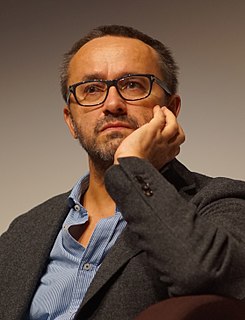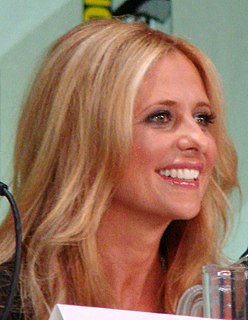A Quote by Diane Ackerman
All relationships change the brain - but most important are the intimate bonds that foster or fail us, altering the delicate circuits that shape memories, emotions and that ultimate souvenir, the self.
Related Quotes
A failure remains a failure only if we refuse to learn from it. Any situation that teaches us greater humility, sobriety, wisdom about self and others, responsibility, forgiveness, depth of reflection, and better decision making -\-\teaching us what's truly important-\-\is not an ultimate failure. Sometimes what we deem a failure at the time it happens actually serves to foster a change within us that creates an even greater success down the road.
Relationships are treated like Dixie cups. They are the same. They are disposable. If it does not work, drop it, throw it away, get another. Committed bonds (including marriage) cannot last when this is the prevailing logic. Most of us are unclear about what to do to protect and strengthen caring bonds when our self-centered needs are not being met.
Neuroscientists talk a lot about brain circuits. In fact, the word 'circuit' is probably misleading. We do not know where most circuits begin and end. And unlike an electrical circuit, brain connections are heavily reciprocal and recursive, so that a direction of information flow can be inferred but sometimes not proven.
I wouldn't say I'm fixated on describing any kind of relationship whether it is a father and a son, or a family. I don't like it when people say that I'm particularly following the same line or that I'm only interested in family dramas. I'm interested in human relationships. The most intimate, the most delicate, and the most intriguing relationships are those within a family.
There are so many wonders awaiting us. If we can upload memories, then we might be able to combat Alzheimers, as well as create a brain-net of memories and emotions to replace the internet, which would revolutionize entertainment, the economy, and our way of life. Maybe even to help us live forever, and send consciousness into outer space.
Feminist effort to end patriarchal domination should be of primary concern precisely because it insists on the eradication of exploitation and oppression in the family context and in all other intimate relationships. It is that political movement which most radically addresses the person – the personal – citing the need for the transformation of self, of relationships, so that we might be better able to act in a revolutionary manner, challenging and resisting domination, transforming the world outside the self.
Even though its common knowledge these days, it never ceases to amaze me that all the richness of our mental life - all our feelings, our emotions, our thoughts, our ambitions, our love life, our religious sentiments and even what each of us regards us his own intimate private self - is simply the activity of these little specks of jelly in your head, in your brain. There is nothing else.






































